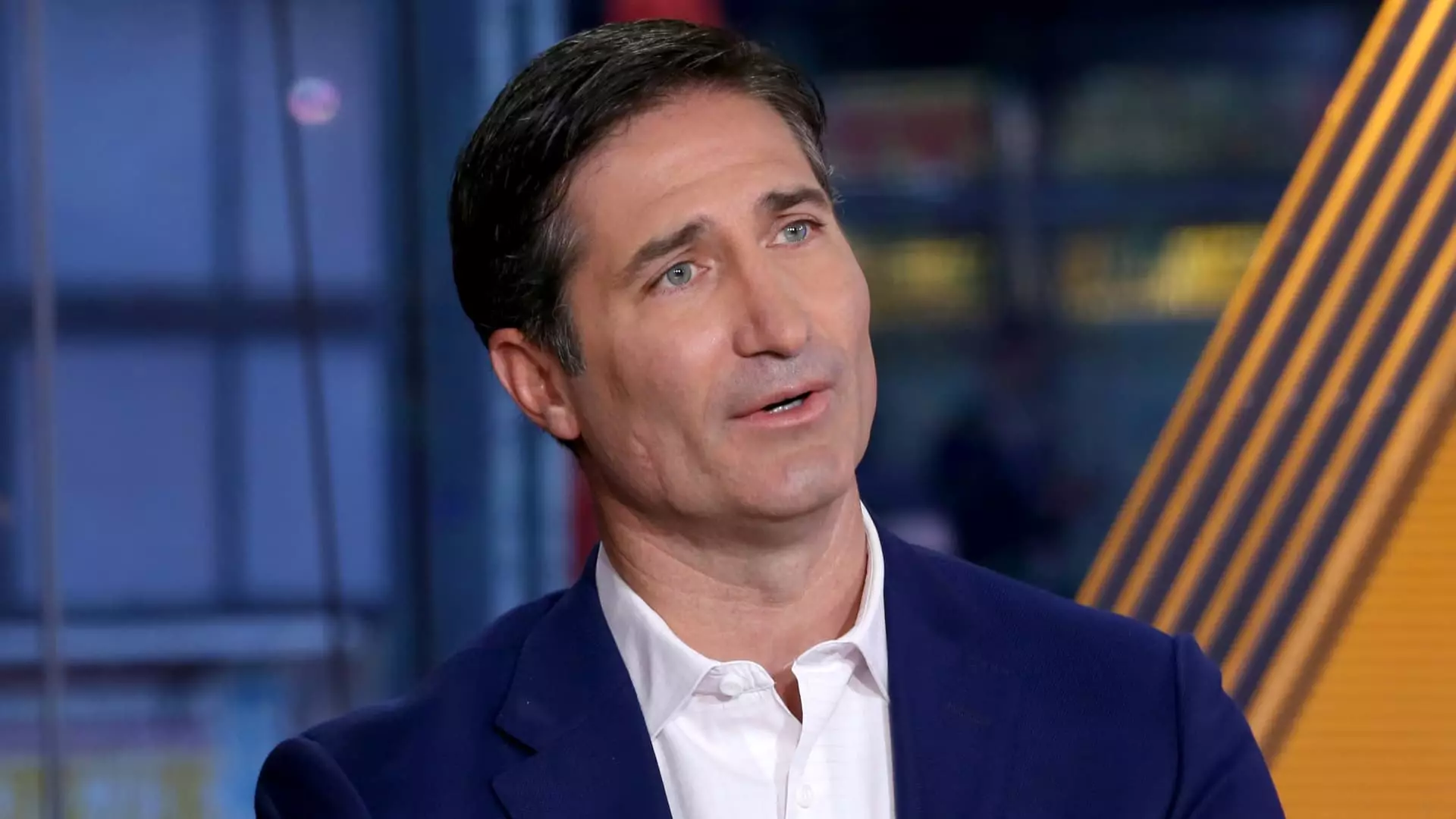Brian Niccol has been hailed as the savior of Starbucks by Wall Street analysts, who believe his appointment as CEO and chairman is exactly what the company needs to navigate a post-Howard Schultz era. The decision to replace Laxman Narasimhan, who struggled to revive the business, with Niccol has been met with enthusiasm by investors, leading to a 20% surge in the company’s stock after the announcement. However, while some analysts are optimistic about Niccol’s ability to turn around Starbucks, others warn that the challenges facing the company are complex and may not be easily overcome.
One of the main concerns expressed by analysts is the fundamental differences between Starbucks and Chipotle, where Niccol previously served as CEO. Starbucks is a much larger and more diverse business, with a global presence that includes company-owned and licensed stores, both domestic and international locations, and a significant market share in China. In contrast, Chipotle has a more streamlined business model focused primarily on domestic company-owned stores. The complexity of Starbucks’ operations, particularly in China, presents a unique set of challenges that Niccol will need to address in order to drive growth and profitability.
The appointment of Niccol as CEO and chairman also marks a significant shift away from the legacy of Howard Schultz, who played a pivotal role in building Starbucks into a global coffee giant. Schultz’s repeated returns to the company in times of crisis had raised concerns about the company’s succession plan and his continued influence over its operations. Niccol’s hiring is seen as a potential turning point in shifting the focus away from Schultz and allowing the new leadership to take control and implement their own strategic vision for the company.
While Niccol has a proven track record of successfully leading a founder-led brand like Chipotle, he will face a different set of challenges at Starbucks. The company’s recent struggles with declining sales, particularly in the U.S. market, point to underlying issues that go beyond just leadership. Niccol will need to not only address these operational challenges but also find ways to connect with a new generation of customers who may have different preferences and expectations when it comes to coffee consumption.
Brian Niccol’s appointment as Starbucks CEO and chairman represents a significant turning point for the company as it seeks to navigate a new era following the departure of Howard Schultz. While investors are optimistic about Niccol’s ability to revive the company’s fortunes, the challenges ahead are substantial and will require a strategic and nuanced approach to address. Only time will tell whether Niccol’s leadership will be successful in revitalizing Starbucks and positioning it for long-term growth and sustainability in an increasingly competitive market.

